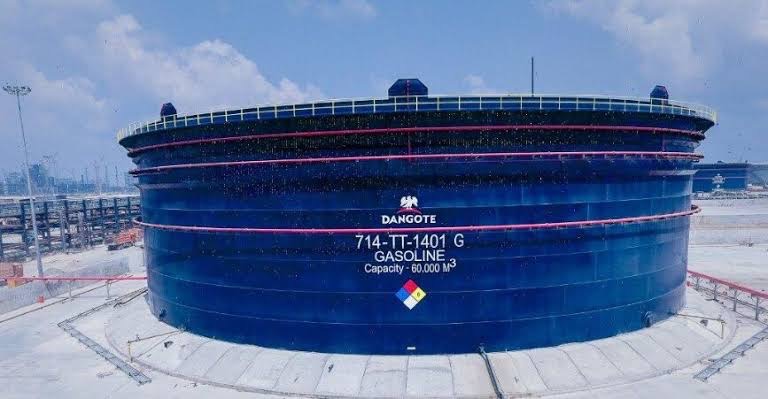KEY POINTS
- Dangote Group agrees to redeploy over 800 refinery workers dismissed in September.
- Labour ministry says employees will be absorbed in other subsidiaries with no pay cuts.
- PENGASSAN to suspend strike after government-brokered peace deal ends tense standoff.
The Dangote Group has agreed to redeploy more than 800 workers dismissed by its flagship petroleum refinery after days of high-stakes talks with Nigeria’s powerful oil workers’ union and top government officials.
The move appears to draw a line under a standoff that threatened to deepen a nationwide strike and disrupt the country’s already fragile energy supply chain.
The Ministry of Labour and Employment announced the breakthrough on Wednesday, confirming that Aliko Dangote, Africa’s richest man and chairman of the conglomerate, personally joined Tuesday’s meeting in Abuja alongside representatives of the Petroleum and Natural Gas Senior Staff Association of Nigeria (PENGASSAN). The talks were mediated by Finance Minister Wale Edun and Labour Minister Mohammed Dingyadi.
Under the deal, the refinery workers will be redeployed to other Dangote subsidiaries without loss of pay, while the union agreed to begin winding down strike actions that had spread across oil and gas regulators this week.
Union Rights Affirmed, Strike to Wind Down
“The Honourable Minister of Labour informed the meeting that unionisation is a right of workers in accordance with Nigerian law, and this right must be respected,” the ministry said in a statement. It added that no employee would face reprisals for their role in the dispute.
The refinery had argued the mass layoffs were part of a reorganisation to tighten safety and curb sabotage, but the dismissals sparked outrage inside PENGASSAN, which accused the company of trampling on labour laws and international conventions. Last week, the union called a nationwide strike, crippling operations at energy regulators and staging protests at the gates of the Nigerian National Petroleum Company Limited.
The strike underscored the clout of Nigeria’s oil unions, which have historically been able to extract concessions from both government and industry. By Tuesday, with regulators warning of risks to fuel distribution, government officials pushed hard for a settlement.
The refinery dispute came at a delicate moment for Dangote, whose $20 billion mega-refinery outside Lagos has been billed as a gamechanger for Nigeria’s energy security. Still ramping up operations, it faces enormous scrutiny from global oil traders, regulators, and domestic unions.
For the government, the compromise signals both the limits of corporate autonomy in Nigeria’s strategic sectors and the importance of social stability as the refinery scales up production. For Dangote, the redeployment of workers helps preserve industrial peace while keeping the wider group insulated from escalating labour unrest.
With PENGASSAN now preparing to lift its strike, attention will shift to whether the refinery can maintain momentum in its long-delayed quest to reduce Nigeria’s reliance on imported fuel.



